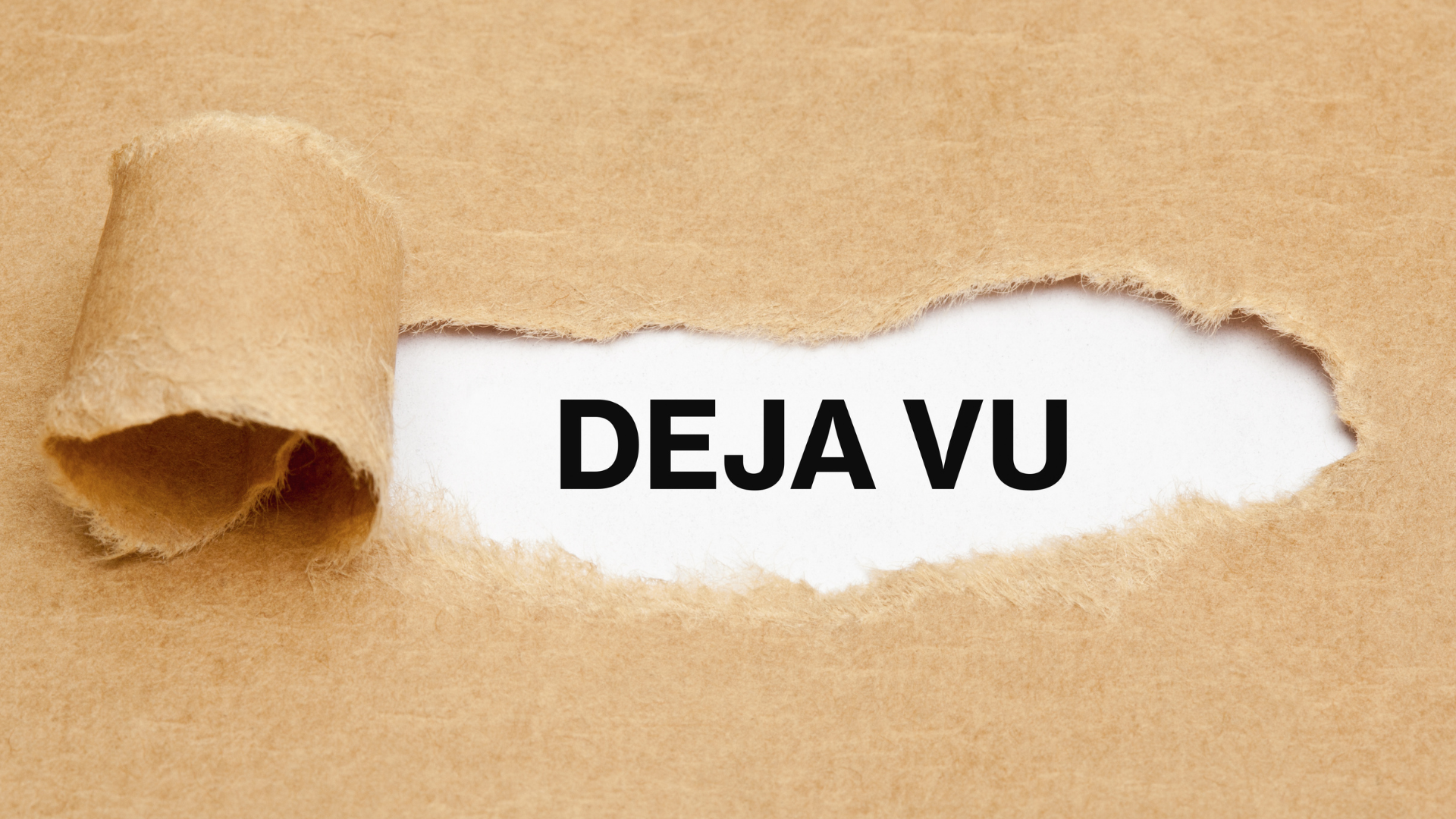
What Causes Déjà Vu?
You walk into a room you’ve never seen before — and yet, something about it feels uncannily familiar. A sense washes over you like a whisper from a forgotten dream. You pause, unsure if your mind is playing tricks on you or if you’ve truly lived this moment before. This eerie, fleeting sensation is known as déjà vu — French for “already seen” — and while nearly everyone experiences it, science still can’t fully explain why it happens.
In this article, we explore what déjà vu really is, what the latest research tells us about the phenomenon, and why it may reveal more about how memory works than we ever imagined.
Table of Contents
- What Is Déjà Vu, Really?
- The Brain’s Internal Glitch: A Memory Misfire
- Key Scientific Theories Behind Déjà Vu
- Who Experiences Déjà Vu — And Why?
- Is Déjà Vu a Sign of Something Deeper?
- What Déjà Vu Tells Us About the Mind
- FAQs
What Is Déjà Vu, Really?
Déjà vu is not a memory, but rather the illusion of one. It’s a trick of the mind — a sensation that tells you “I’ve been here before,” even when logic and evidence say otherwise. It typically lasts just a few seconds and often fades as quickly as it arises, leaving you questioning what just happened.
Unlike dreams, déjà vu doesn’t feel vague. It feels vivid, immersive, and strange — as if two versions of reality overlap for a brief, surreal instant.
The Brain’s Internal Glitch: A Memory Misfire
To understand déjà vu, we must understand memory itself. The brain stores information through complex networks of neurons that process sights, sounds, emotions, and context. These networks are constantly updating — and sometimes, they fire out of sync.
Déjà vu may occur when your temporal lobe, the area of the brain responsible for memory recognition, mistakenly flags a new experience as familiar.
Key Insight:
Déjà vu is believed to be a recognition error, where the brain falsely flags a current moment as a past one — even though it isn’t.
This glitch can happen for milliseconds. Yet, during that sliver of time, your brain feels convinced that you are reliving something. It’s a momentary short-circuit between perception and memory.
Key Scientific Theories Behind Déjà Vu
Though there’s no universal explanation, here are the leading theories:
1. Dual Processing Theory
Your brain takes in visual information via two pathways. If one is slightly delayed, the second input may feel like a repeat — a memory.
2. Memory Overlap
A new situation may closely resemble a fragment of a real memory — even if it’s unconscious. The familiarity feels full, but the source remains hidden.
3. Neurological Glitch
People with temporal lobe epilepsy often experience déjà vu just before a seizure. In rare cases, this gives researchers insight into how small misfires can generate strong memory illusions.
Who Experiences Déjà Vu — And Why?
Studies show that young adults report déjà vu more often than older individuals. It’s also more common in people who travel, read fiction, or daydream regularly — all of which expose the brain to diverse, overlapping contexts.
Interestingly, people with high cognitive awareness — those who are reflective, analytical, or imaginative — tend to experience déjà vu more frequently.
Is Déjà Vu a Sign of Something Deeper?
In healthy individuals, déjà vu is harmless — even fascinating. But in rare cases, frequent or prolonged déjà vu can be a symptom of neurological conditions such as:
- Epilepsy
- Anxiety disorders
- Dissociative disorders
If déjà vu occurs often, or comes with confusion or memory loss, medical evaluation is advised.
What Déjà Vu Tells Us About the Mind
Déjà vu reminds us that our sense of reality is fragile. It’s built not just on facts, but on perception, context, and memory — and all three are malleable.
What we take as “truth” in a moment may just be the brain’s best guess, shaped by thousands of prior moments and stored patterns.
Ultimately, déjà vu is not proof of past lives or simulations — but it is proof that the mind is a mysterious, layered universe we’re only beginning to understand.
Takeaway:
Déjà vu isn’t a glitch in the Matrix — it’s a mirror into how your brain builds reality from fragments of the past and flashes of the present.
FAQs
1. Is déjà vu a sign of intelligence?
Not directly — but people who are introspective, curious, or mentally active tend to report déjà vu more often. It’s tied to brain activity, not IQ.
2. Can stress or fatigue trigger déjà vu?
Yes. When the brain is tired, it’s more prone to processing delays and recognition errors, increasing the likelihood of déjà vu.
3. Is déjà vu related to past lives or spiritual experiences?
There’s no scientific evidence for this. While déjà vu can feel mystical, most explanations are grounded in brain science and memory research.


